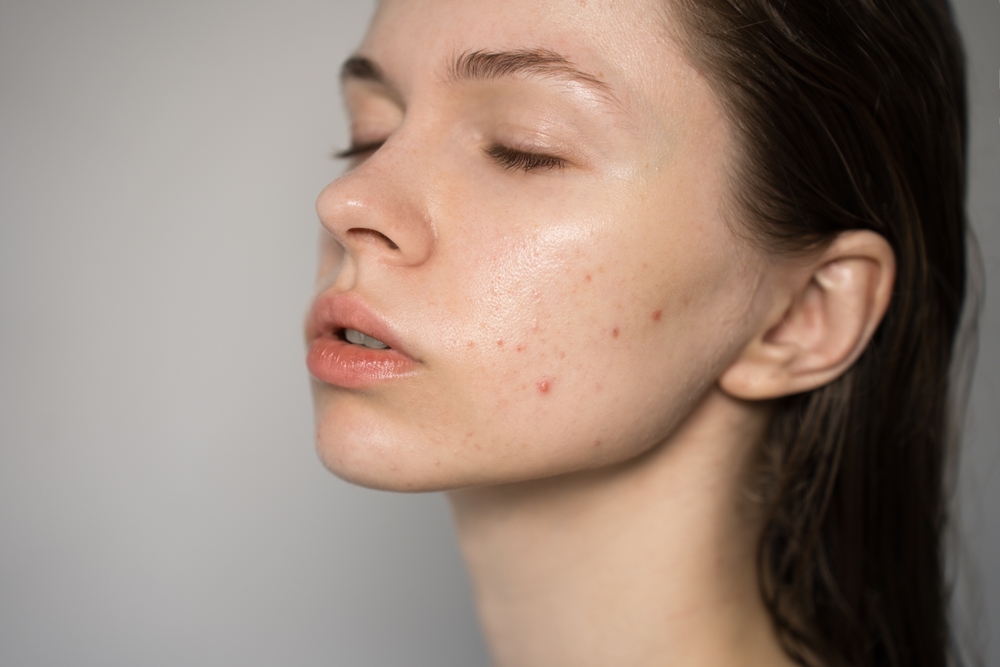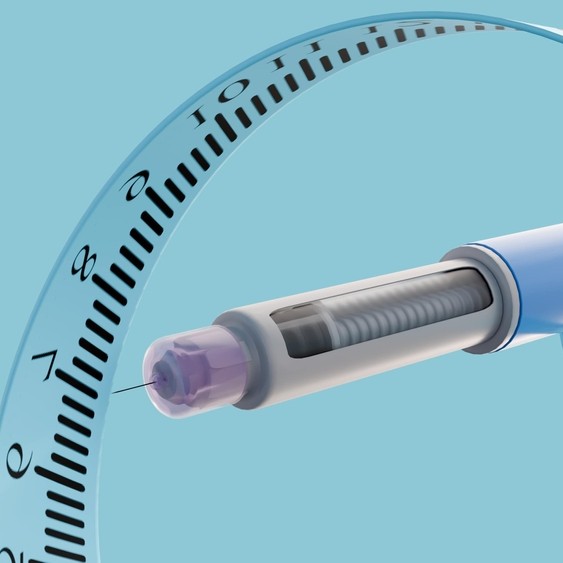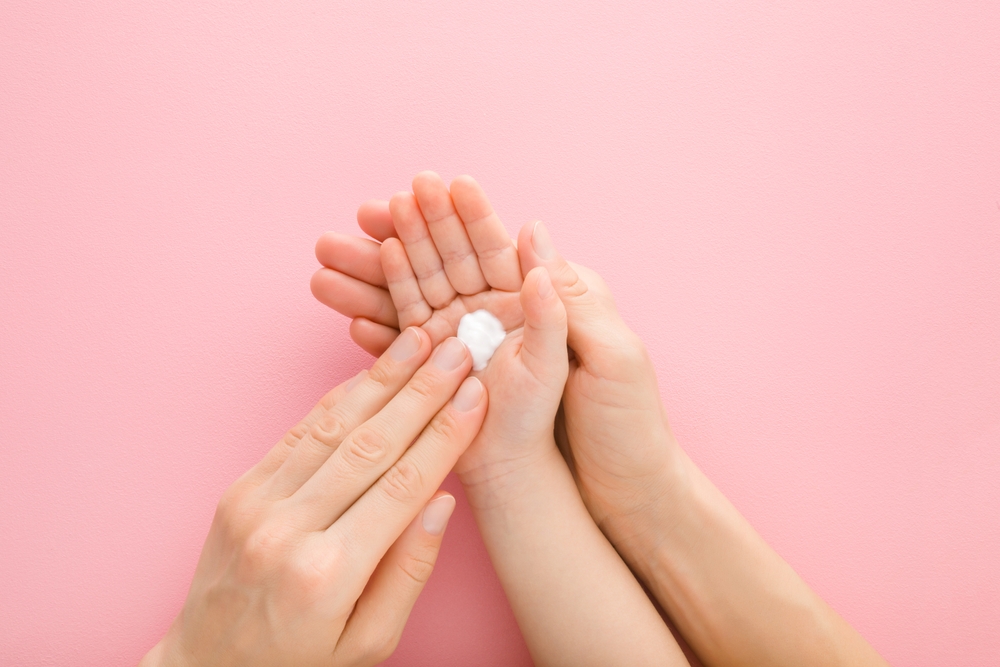Dr Stephanie Gorgievska, specialty registrar in obstetrics and gynaecology and consultant for Fertility Family, shares insights into the most common causes of hormonal acne and the best treatments for the colder months.
As the air turns colder and days grow darker, many will notice changes not just in mood and energy - but in their skin, too. For those prone to hormonal acne, winter can be a particularly frustrating season.
Fluctuating hormone levels, dry indoor air, and reduced sunlight can all trigger stubborn breakouts.
What is hormonal acne - and why does it occur?
Hormonal acne is a complex skin condition that goes far beyond typical spots. It’s a specific type of acne directly influenced by the delicate hormonal changes happening within the body.
Unlike regular breakouts, hormonal acne has a distinctive appearance and pattern. These blemishes typically emerge in specific areas like the jawline, chin, and lower cheeks, creating an irritating and often painful skin condition. They tend to be deeper, more inflammatory, and appear in a cyclical manner that aligns closely with your body’s hormonal fluctuations.
It primarily occurs due to complex hormonal imbalances, including fluctuations in androgens like testosterone.
The 5 most common causes of hormonal acne
Puberty and adolescence
As young bodies undergo dramatic changes, hormone levels surge, particularly androgens like testosterone. These hormonal fluctuations stimulate oil glands, leading to increased sebum production and those classic teenage breakouts. While most people associate acne with adolescence, the reality is that hormonal skin challenges can persist well into adulthood.
Menstrual cycle
In the week leading up to menstruation, rising progesterone levels cause the skin to become more oily, increasing the likelihood of breakouts. Oestrogen and testosterone levels also fluctuate during this time, contributing to skin changes.
Pregnancy and birth control
Pregnancy and hormonal contraceptives represent another significant time of hormonal flux that can affect skin health. Similarly, birth control methods that alter hormone levels, such as the contraceptive pill, can either help control or worsen acne, depending on the type of hormones in the contraceptive.
Stress and hormonal imbalance
When you’re experiencing stress, your body produces increased levels of cortisol. This hormonal response can trigger increased androgen production. The result is often more oil production, enlarged pores, and a higher likelihood of breakouts.
Polycystic ovary syndrome (PCOS)
PCOS fundamentally disrupts the body’s hormonal balance. The condition results in higher-than-normal levels of androgens, particularly testosterone, which directly impact skin health.
How to help manage hormonal acne flare-ups during the colder months
Lifestyle changes
Regular exercise helps regulate hormone levels, reduce stress, and improve circulation, which can contribute to clearer skin. Adequate sleep is crucial for hormone regulation and skin repair processes. Stress management techniques like meditation, yoga, and deep breathing can help reduce cortisol levels and minimise hormonal disruptions.
Dietary adjustments
Reducing intake of sugar and refined carbohydrates can help stabilise insulin levels, which in turn can improve hormonal balance. Incorporating anti-inflammatory foods like fatty fish, nuts, and green vegetables can support skin health from within.
Topical treatments
Over-the-counter and prescription options can help control oil production, reduce inflammation, and prevent bacterial growth. Dermatologist-recommended ingredients like topical antibiotics, retinoids and salicylic acid work to unclog pores and reduce excess oil.
Oral medications
In some cases, oral medications such as specific formulations of birth control pills may be recommended to help control hormonal acne
Appropriate supplementation
By supporting metabolic health, regulating insulin sensitivity, and promoting hormonal equilibrium, some supplements have been shown to help manage the interplay of factors contributing to hormonal acne for those with PCOS.
You might also like to read... How to treat and prevent body acne



